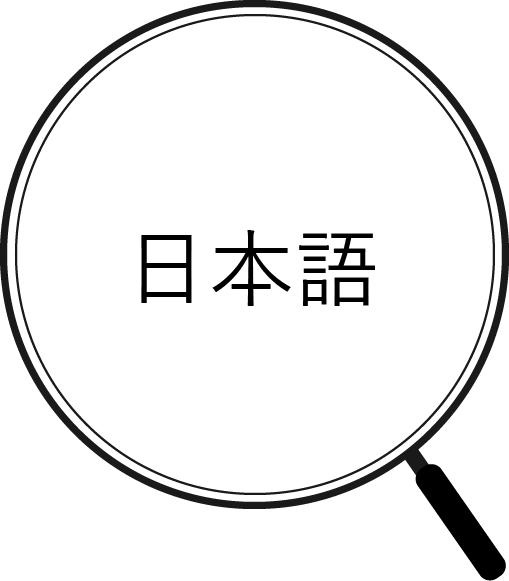


Interview with MUSCA
We interviewed MUSCA Inc. via e-mail, one of the companies that is using insects to solve social problems. We would like to thank MUSCA Inc. and the person responsible for this interview for taking time out of their busy schedule to respond.※Some wording has been changed.
※The interview was conducted in Japanese. The translation into English was done independently by the production team of this website.
Questions and Answers
Q1: Please tell us about your company's business activities.
In brief, our business is to produce organic fertilizer and insect protein (feed) by processing livestock waste into biomass through the power of flies. To put it simply, by putting our flies' eggs on the uneaten parts of pork, chicken, cattle, fish, and sake lees, and controlling the environment, we can turn them into harmless, odorless, and nutritious fertilizer. Also, the fly larvae grown in the process can be extracted from the fertilizer using our technology and used as a high protein source to feed chickens, pigs, and fish. At present, the national and local governments pay for the disposal of livestock waste by incineration, but by taking over this responsibility, we are able to make business profits.
Q2: Please tell us about the strengths and advantages of your company's feed and fertilizer produced using houseflies.
One thing that can be said about both fertilizer and feed is that they have an "augmentation effect" and "disease resistance". This means that vegetables and fish grow larger and are less prone to disease. Users feel that there are other benefits as well.
Q3. In the process of producing a website about bugs, we feel that the number of companies developing businesses using bugs has been increasing in recent years. However, at the same time, we also believe that people's aversion to bugs still remains. What do you think about this situation?
In the case of our company, unlike other insect-eating companies, we don't directly provide anything to the public, so I don't think it will be a big problem. I (the person in charge) do not like flies, and it is sad to say that people who should live together with nature have an aversion to insects, but I think there is an aspect that we cannot help it.
Q4: Your company has won many awards, including the top prize in the "Startup Battle" at TechCrunch Tokyo 2018, and has been featured in various media, so I think you are a startup company that is very well known and attracts a lot of public attention. Under such circumstances, it is possible that there will be competitors. Please tell us about the uniqueness and strength of your company.
We believe that our only strength is in research and development. The roots of our company's technology can be found in the Mars Project (a plan to fly rockets to Mars) in the former Soviet Union. Research and development began at that time, and after the dissolution of the Soviet Union, a Japanese technology trading company acquired the technology in 1993. Since then, research has been carried out in Japan for more than 25 years. Among them, our company is promoting selective breeding (selecting and breeding only good flies with good flies to grow only strong individuals), and we believe that our competitors will never be able to catch up with us.
Q5: What is your company's vision, both short term and long term?
In the short term, the most important thing is to build a large scale treatment plant. We would like to have local governments adopt our system and realize a recycling-oriented society using our system in a specific region. In the long term, we would like to expand our business to other countries and become an infrastructure for industrial waste, farmers, and livestock industry in the world. We would also like to support developing countries in various ways, such as by providing technology, even if it is difficult to deal with them as a business.
Q6: Do you think that businesses related to insects will develop into a large market in the near future, as a global trend, including Japan? Or do you think it will take a long time for the market to develop, since there are still many unknowns in the insect resource and a lot of time is needed for research and development?
Currently, people working in the insect industry believe in its potential, but no one knows how the market will expand. Unlike microorganisms in the biotechnology industry, as well as mechanisms, insects are not easy to handle, as they have a definite intention. Even if they grow under the same conditions of food, temperature, and humidity, there are many obstacles, such as the fact that their developmental state may be completely different or that they may suddenly become ill or die. However, as a company that deals with many insects, if there is even a 1% possibility for the sake of humanity, it is worthwhile to work on it, despite the harsh reality.
As a supplementary explanation, I believe that there are not many companies that envision the insect industry as an obscure market. In the case of our company, it would be the waste disposal market, and in the case of an insect-eating company, it would be the food market, and I think it would be correct to look at how insects can be utilized.
Q7: Please tell us why or how you wanted to work at your company.
(※The following answer is the personal opinion of the person in charge, not MUSCA Inc.)
MUSCA Inc. is one of the few companies that have the potential to solve "human issues" through business. In today's IT society, all the new companies are making money by solving "human problems". They are doing business by making things easier, more convenient, and cheaper for people. However, at least after World War II, economic development has been intense, but how much happiness has economic development brought to people? Conversely, are the parents and grandparents of junior and senior high school students unhappier than themselves? From this philosophy, I came to believe that it is not possible to say that "people are getting happier" when "human issues" are being solved. Since then, I have been trying to tackle the more essential "issues of humanity," as represented by the SDGs. I am happy to share these thoughts with your generation as much as I can.
This site is participating in the 23nd Japan Junior high school/high school Web contest(第23回全国中学高校Webコンテスト).
